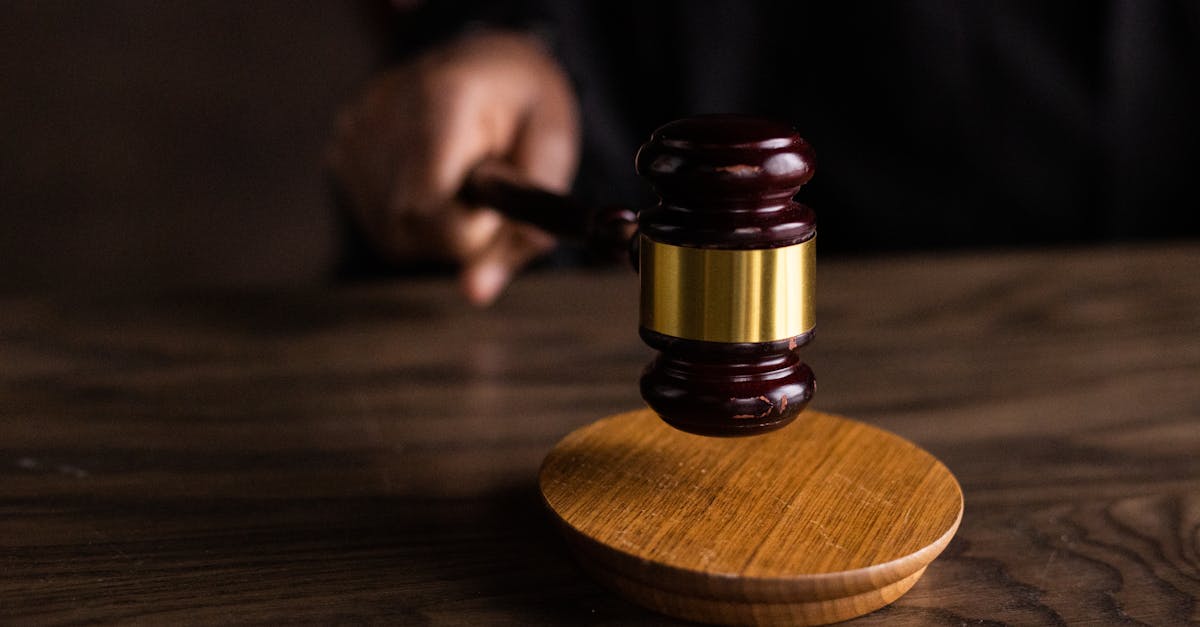
At Precision Legal Advisors, we specialize in investigating legal matters with precision and expertise. Our team of experienced lawyers is dedicated to conducting thorough research, gathering evidence, and analyzing data to provide our clients with the information they need to make informed decisions in their legal matters. Whether it's determining the validity of a claim, uncovering key facts in a case, or identifying potential legal risks, our investigative services are designed to help our clients navigate the complexities of the legal system with confidence. Trust Precision Legal Advisors to investigate your legal matters with the utmost professionalism and attention to detail.
White Collar Crime
White collar crime is a complex area of law that involves a wide range of financial fraudulent activities committed by individuals or organizations for financial gain. Defending against charges related to financial fraud requires a deep understanding of intricate laws and regulations governing the financial sector. Lawyers specializing in white collar crime cases must stay updated on changes in financial laws to effectively represent their clients in court. Utilizing primary and secondary sources of law is crucial in building a robust defense strategy, enabling legal professionals to craft compelling arguments in the courtroom.
Legal research techniques play a vital role in uncovering crucial evidence and precedents that can be used to build a strong case against financial fraud charges. Accessing primary sources such as statutes and case law, alongside secondary sources like legal commentaries and expert analyses, helps lawyers navigate complex legal landscapes. Advanced skills in legal investigations are essential for lawyers specializing in white collar crime to gather information, interview witnesses, and analyze financial data effectively. By honing their investigative skills, legal professionals can uncover crucial evidence that can make a significant impact on the outcome of a case.
Defending Against Financial Fraud Charges
Defending against financial fraud charges can be a challenging task that requires careful navigation of legal waters. The foundation of a solid defense lies in upholding the constitutional rights of the client while strategically utilizing legal expertise to counter accusations. Attorneys specializing in financial fraud cases have the crucial role of advising clients on the best course of action to safeguard their rights and reputation. From evaluating evidence to engaging in negotiations with the attorney general's office, a strong legal representation is essential to combat the allegations effectively. Understanding the policies and procedures surrounding financial fraud investigations is paramount to crafting a robust defense strategy that accounts for all nuances of the case.
Moreover, an important aspect in defending against financial fraud charges is staying up-to-date with the latest trends and news in the legal realm. Being informed about recent case law developments, legislative changes, and evolving tactics of prosecutors is crucial in building a successful defense. With the intricate nature of financial fraud cases, a comprehensive approach that combines legal research techniques and practical experience is the key to achieving a favorable outcome for the client. By delving deep into the intricacies of financial transactions and understanding the legal frameworks that govern them, attorneys can provide sound counsel to their clients and navigate the complexities of criminal investigations with confidence and skill.
Legal Research Techniques
Legal research techniques are essential skills for any lawyer, providing the groundwork for building strong cases and arguments. Utilizing both primary and secondary sources is crucial in obtaining accurate and comprehensive information. Primary sources, such as statutes, regulations, and case law, offer direct insight into legal principles, while secondary sources like treatises and legal articles provide analysis and interpretation of the law, aiding in a deeper understanding of complex issues.
Effective legal research involves connecting the dots between various sources of information while navigating through a maze of legal terminology and complex doctrines. Thorough research extends beyond traditional methods, with advancements in technology allowing for the integration of computer forensics and artificial intelligence in investigations. By honing research skills and embracing technological advances, legal professionals can enhance the accuracy and efficiency of their work in navigating the intricacies of the American legal system.
Utilizing Primary and Secondary Sources
Utilizing primary and secondary sources is crucial in legal research to build a strong foundation for any case. Primary sources refer to original materials such as statutes, regulations, and court decisions, providing firsthand evidence and insights into legal matters. By examining these sources, legal professionals can better understand the precedents and laws that guide their cases, ensuring accurate and effective representation.
In addition to primary sources, secondary sources play a vital role in legal research by offering analysis, commentary, and interpretations of the law. Legal encyclopedias, law reviews, and treatises are common examples of secondary sources that provide valuable context and perspective on complex legal issues. By consulting these sources, lawyers can broaden their understanding of a specific area of law, stay informed about recent developments, and strengthen their legal arguments in various proceedings.
Investigation Certificate Programs
Investigation certificate programs provide individuals interested in legal matters with a structured and specialized curriculum to enhance their skills in conducting thorough and efficient investigations. These programs often cover a range of topics, including legal research techniques, utilizing primary and secondary sources, and advancing skills in legal investigations. By enrolling in such a program, participants can gain practical knowledge and hands-on experience that are crucial in the field of legal investigations.
Furthermore, investigation certificate programs offer the opportunity for individuals to network with industry professionals and experts, providing valuable insights and potential career opportunities. With the evolving landscape of legal services and the increasing complexity of cases involving white-collar crime, financial fraud, and public corruption, having a solid foundation in legal investigation can be instrumental in navigating the intricate web of laws, regulations, and procedures in the American legal system. By completing an investigation certificate program, individuals can position themselves as competent and knowledgeable professionals in various legal settings, including law enforcement agencies, private investigation firms, and legal departments of organizations.
Advancing Skills in Legal Investigations
To advance skills in legal investigations, professionals need to stay updated on the latest research methodologies and techniques. Utilizing both primary and secondary sources is crucial for conducting thorough investigations. This includes utilizing libraries, online databases, search engines, and other resources to gather relevant information for legal cases. By honing their research skills, legal investigators can ensure the accuracy and comprehensiveness of their findings, ultimately strengthening their ability to build strong cases and make informed judgments.
In addition to research skills, legal investigators can benefit from enhancing their communication and evaluation abilities. Communication is essential for effectively conveying information to stakeholders, whether it be clients, colleagues, or the court. Meanwhile, developing strong evaluation skills allows investigators to assess the scope and relevance of information collected during investigations. By focusing on improving these areas, legal investigators can enhance their overall investigative strategy and ensure they are conducting thorough and effective inquiries.
FAQS
What is white collar crime?
White collar crime refers to non-violent, financially motivated crimes typically committed by individuals in business or government positions.
How can one defend against financial fraud charges?
Defending against financial fraud charges involves building a strong defense strategy with the help of legal counsel, gathering evidence, and presenting a compelling case in court.
What are legal research techniques?
Legal research techniques involve methods used to gather, analyze, and interpret legal information from primary and secondary sources to support legal investigations and cases.
How can one utilize primary and secondary sources in legal research?
Primary sources are original legal materials such as laws and court decisions, while secondary sources provide analysis and commentary on legal issues. Utilizing both types of sources can enhance the depth and accuracy of legal research.
What are investigation certificate programs?
Investigation certificate programs are specialized training programs that help individuals develop skills in conducting legal investigations, including gathering evidence, interviewing witnesses, and preparing reports.
How can one advance skills in legal investigations?
Advancing skills in legal investigations can be achieved through continuous education, attending workshops and seminars, gaining practical experience, and staying updated on the latest trends and technologies in the field.







